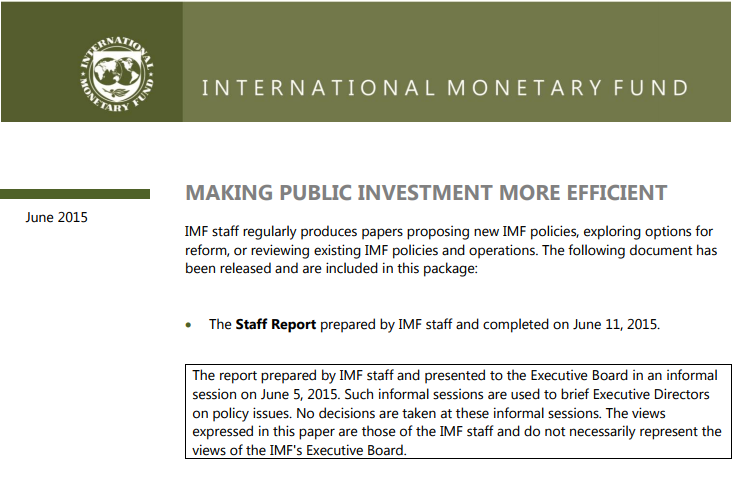Publications
Filter by
497 results found
This publication aims to link the study of urban environmental issues with the advancement of more sustainable urban growth, the report looks at Kampala and Uganda including their background in the context of urban development and drivers of environmental sustainability.

This paper assists project teams in managing climate change risk in the context of water supply and sanitation investment projects.

The paper discusses the potential contribution of transport infrastructure to regional growth in the years following the GFC.


The survey was conducted to guage the status of infrastructure market based on macro trends. Previously, Deloitte had conducted a survey in 2013 and interviewed a wide cross-section of infrastructure investors throughout Europe.



The study was initiated in the backdrop of significant near term challenges to Capital project and infrastructure (CP&I) spending.


The MDBs Joint Declaration of Aspirations on Actions to Support Infrastructure Investment is a tool developed to ensure that MDBs work together to scale up infrastructure investment and attract private sector investment.

This brief outlines some of the issues surrounding permitting and licencing regimes for renewable energy projects and why they are important

The purpose of this study is to provide an overview of the main elements that should be taken into consideration when evaluating the potential for specific projects, it is important to give some indication of potential cost (capital and operating) of an LNG chain.

In September 2015, the General Assembly adopted the 2030 Agenda for Sustainable Development which includes 17 Sustainable Development Goals (SDGs) and emphasizes on a holistic approach to achieve sustainable development for all.

The European Investment Bank adopted its Climate Strategy on 22nd September 2015, following a comprehensive review, including a formal public consultation that was launched in January 2015.

The paper “Partnering to Build a Better World: MDBs’ Common Approaches to Supporting Infrastructure Development” presents a brief description of how MDBs work with their Borrowing Member Countries (BMCs) .

This report describes the role of economic analysis and the impacts of climate change on economic analysis of infrastructure projects in the context of Asia and the Pacific.

This note seeks to identify a research agenda for addressing the main gaps in information for understanding the drivers and impediments of long-term investment and related financing.

The Decision Tree Framework is a robust decision scaling approach from the World Bank that provides resource-limited project planners and program managers with a cost-effective and effort-efficient, scientifically defensible, repeatable, and clear method for demonstrating the robustness of a project to climate change.

This paper studies the joint decision to invest in such infrastructure, and retrofit it later, given that future climate damages are uncertain and follow a geometric Brownian motion process with positive drift.

This report presents the water and climate adaptation plan (WATCAP) developed for the Sava river basin (SRB), the report covers climate impacts in the Sava river basin, an economic evaluation of the SRB and Hydrologic Modeling of SRB.

The study provides a qualitative and quantitative analysis of the employment impact EIB projects in four Mediterranean partner countries.


This paper finds that better Public Investment Management enhances public infrastructure quality and economic growth, and pinpoints key institutional reforms needs to boost public investment efficiency and productivity.


This report outlines the guidance and recommendations concerning the reform proposals of state owned enterprises operating in the field of water supply and urban sanitation as well as providing guidance/recommendations concerning economic management options for service providers in Vietnam.

The PPP Center Manual of Operations is a guidebook that provides the guidelines for effective performance and completion of core tasks and responsibilities of the PPP Center.



